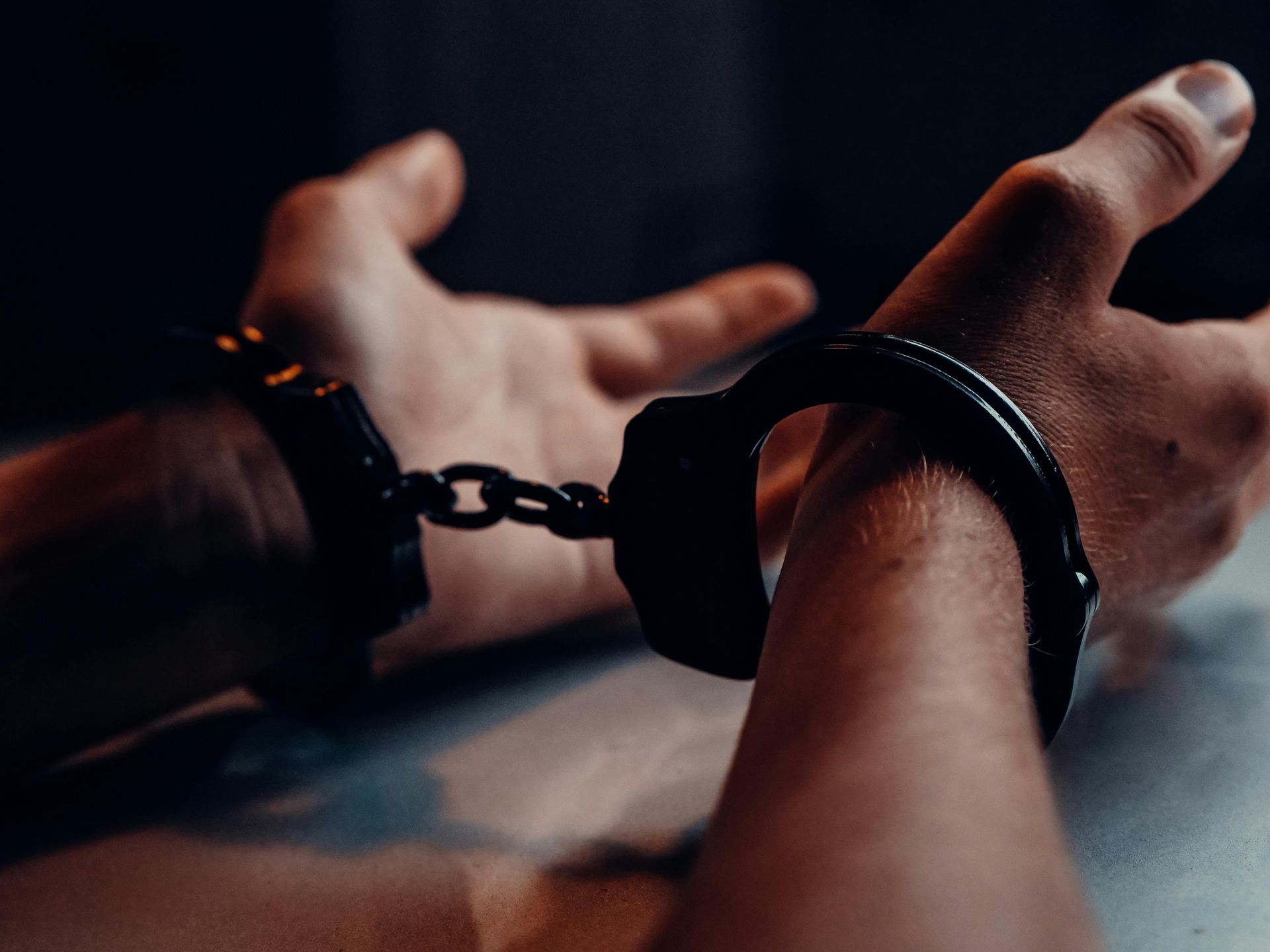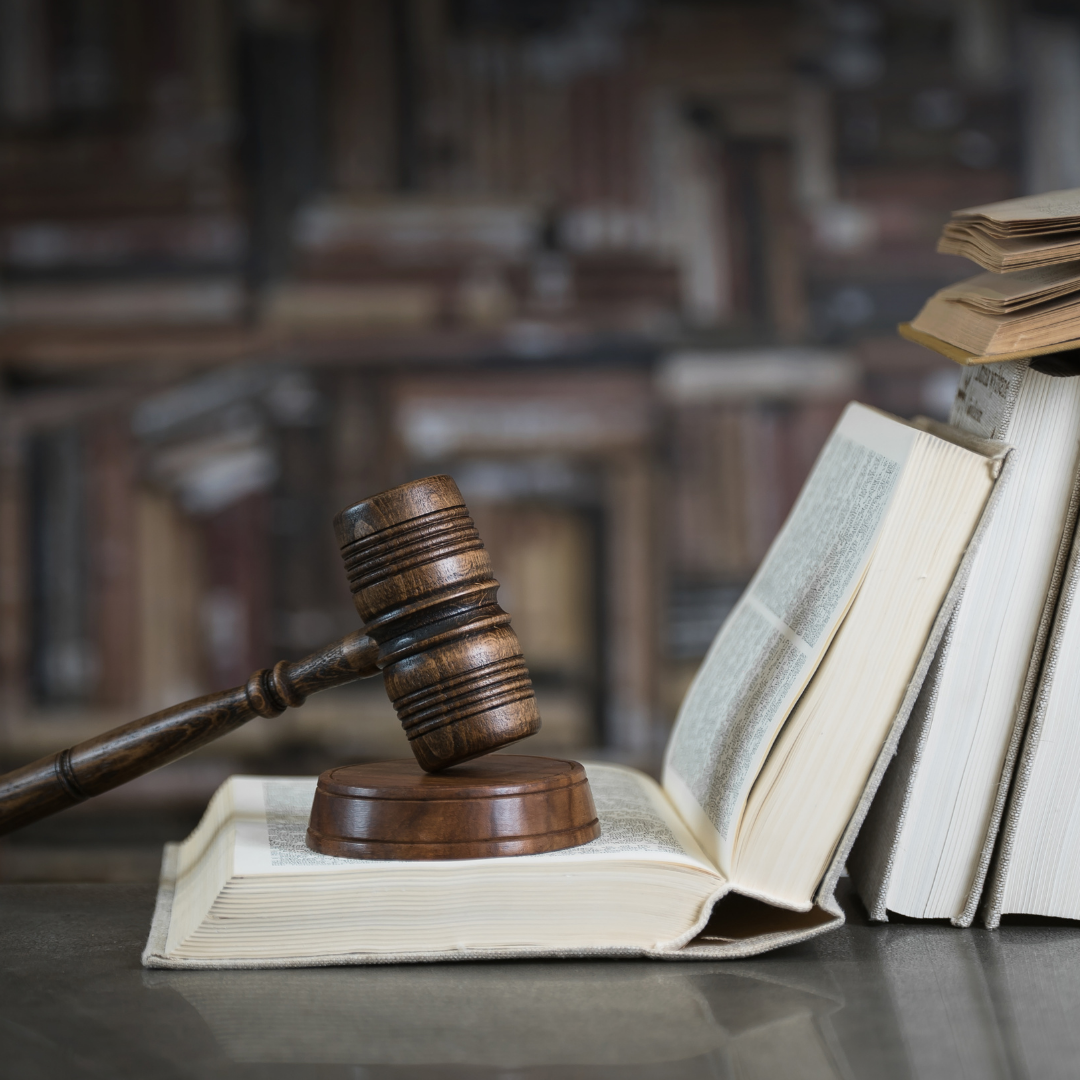Contact Us
Phone: 385-412-6553
Location
2195 W 5400 S
Suite 100
Salt Lake City, UT 84129
Hours
- Mon - Fri
- -
- Sat - Sun
- Closed
Schedule a Case Evaluation
Contact us now!
Salt Lake City Office
2195 W 5400 S, Suite 100
Salt Lake City, UT 84129
Provo Office
470 N. University Ave, Suite 202
Provo, UT 84601
South Ogden Office
1704 Combe Rd
South Ogden, UT 84403
Spanish Fork Office
265 North Main Street, Suite 106
Spanish Fork, UT 84660
Hours
- Mon - Fri
- -
- Sat - Sun
- Closed
Disclaimer: We are a federal debt relief agency that helps people file for bankruptcy relief under the bankruptcy code. This site is not intended as legal advice and does not create an attorney-client relationship. If you wish to obtain legal advice or form an attorney-client relationship, please contact us to discuss your options.
All Rights Reserved | Alta Legal | Powered By Convert It Marketing | Privacy Policy
All Rights Reserved | Alta Legal | Powered By Convert It Marketing | Privacy Policy











